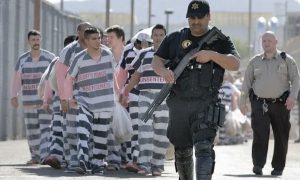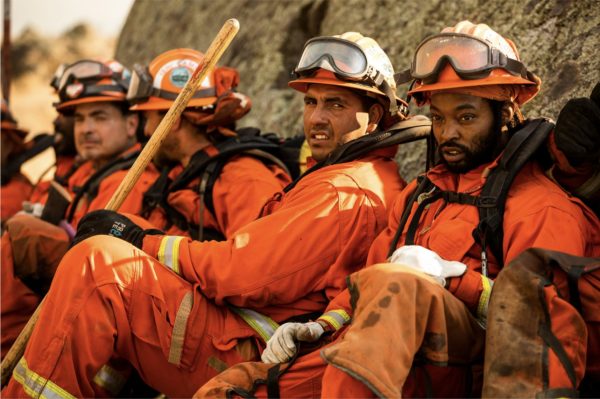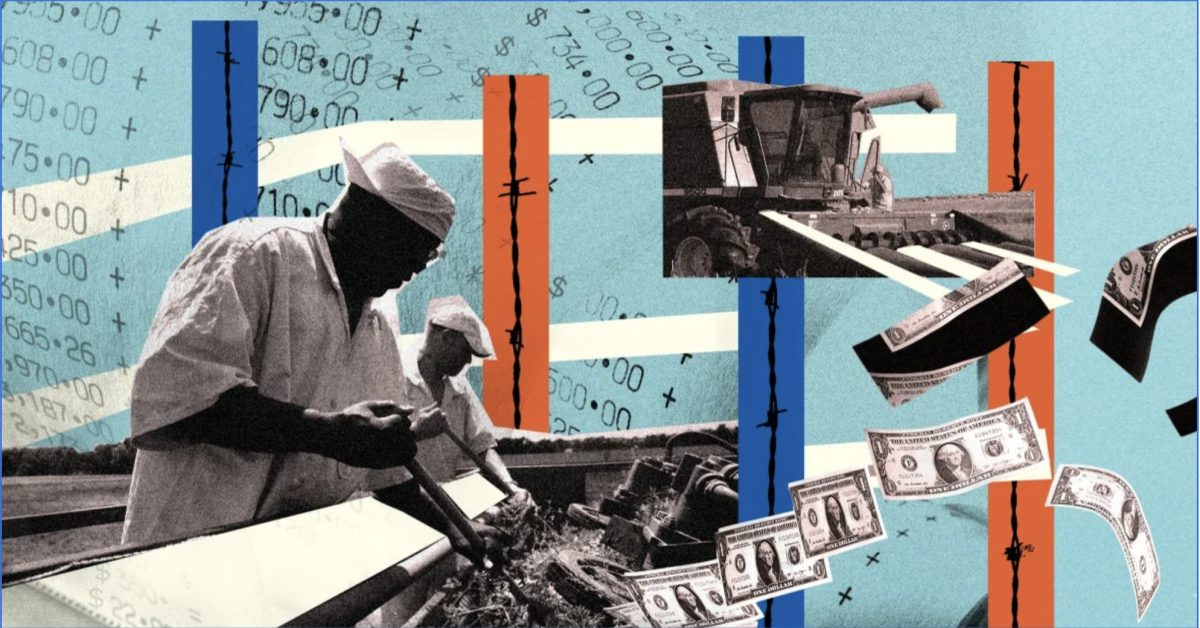The Google search results for “California propositions” show that California’s Proposition 6, which prohibits slavery and involuntary servitude, was recently rejected. According to Constitution Annotated, the loophole in the 13th amendment affirms that “neither slavery nor involuntary servitude, except as a punishment for crime…, shall exist within the United States, or any place subject to their jurisdiction.”

Although 8 states have recently abolished forced prison labor, California still has the prison labor system implemented, stagnating our country’s freedom and again placing shackles through involuntary servitude. The initiation of Proposition 6 indicates a pivotal moment in rectifying the injustices of our prison system, yet its recent failure signifies the country’s inability to sacrifice economic benefits for moral integrity.
Involuntary servitude in prisons has generated profound debates, with measurable social and economic implications. American Civil Liberties Union (ACLU) findings detail harsh labor conditions and low wages, often as little as $0.12 to $1.00 per hour. Regardless of injury, illness, or bereavement, prisoners must complete their work; otherwise, they may be stripped of other privileges such as not being able to be visited by family members.
Although involuntary servitude is intended to help prisoners reenter the workforce and reduce reoffending, the reality is that the current labor system we have in prisons is majorly flawed. The system has extremely strict rules, and missing even one day can lead to severe consequences: Sam Brown, who drafted Prop 6 while incarcerated, explained that missing even one shift in sanitizing hospital facilities could delay his parole by as much as 15 years.
Additionally, a plethora of these services entail working in exceedingly hazardous environments, with minimal training or safety equipment. According to the Los Angeles Times, “And though firefighters with the California Department of Forestry and Fire Protection will be on the front lines against the flames, behind them in the trenches are hundreds of California inmates, digging, chopping and chainsawing containment lines for crews to gain an advantage.” Unbeknownst to the general public, these inmates endure arduous, relentless labor sometimes even at the cost of their lives.

Journalist and author Jamie Lowe recalls a particularly gripping incident involving the death of an imprisoned firefighter. In 2016, inmate Shawna Lynn Jones lost her life while battling a wildfire. Though warned that there were people working below, including Jones, another crew of firefighters had been recklessly knocking loose rocks off a ledge, and a massive boulder struck Shawna mercilessly on the head. Following this tragic incident, Shawna’s mother received no compensation from the state, because she wasn’t legally considered a firefighter. Her family was left to grieve with not even a penny of repayment, nor an ounce of closure.
Furthermore, the idea of criminal involuntary servitude as a form of effective punishment conceals the true intentions of the system—that prison labor does not assist in rehabilitation, but rather, serves as a lucrative business. According to an ACLU report in 2022, this labor generates $11 billion annually, primarily benefiting private companies such as McDonald’s, Kroger, Whole Foods, and Walmart.
On one hand, the dissolution of involuntary servitude poses the risk of a financial crisis. This, however, highlights the heavy reliance on prison labor to fuel the economy, prioritizing profits earned through their unconsented labor over rehabilitation. The forced labor of prisoners thus fails to uphold its intended purpose, instead acting as a monetization strategy that the economy now depends upon.
While this issue was intended to aid rehabilitation, it has become a cog in the profit-driven system where human dignity is overshadowed by material gains. Upholding this dignity, especially in a place where 82% of prisoners become repeat offenders in the 10 years following their release, is crucial in reforming the entire system. Even though reforming the entire movement may seem like a formidable undertaking, it’s critical to shed light on the fraudulent prison system and the unseen lives of criminals behind the bars.
That way, Proposition 6 will no longer be just a mere proposal, but a reality. The hope is that one day, even the imprisoned may proudly wave their “Star-Spangled Banner,” holding their heads high in the all-embracing “land of the free.”


